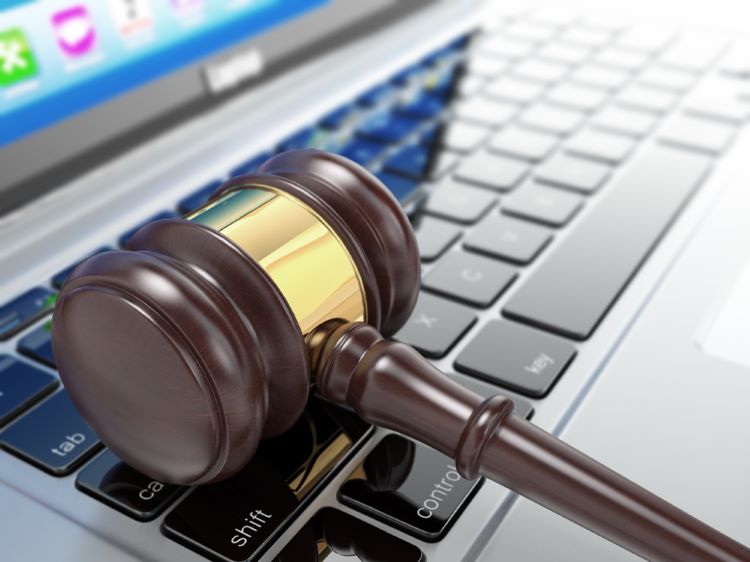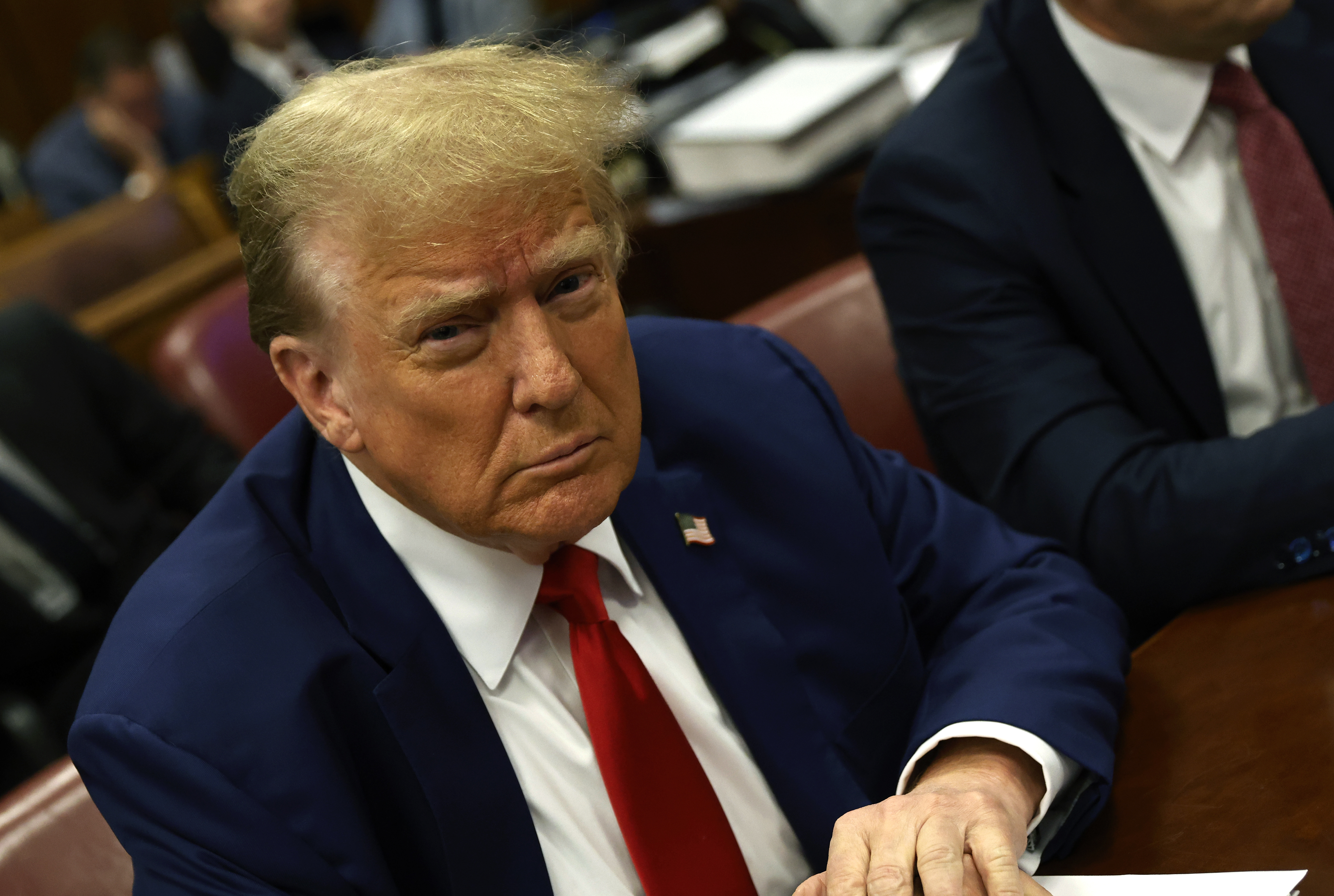SCOTUS sidesteps Section 230 case after absolving Twitter of liability for terror attack

Image from Shutterstock.
The U.S. Supreme Court on Thursday declined to address a long-standing provision that protects technology companies from being held liable for third-party content posted on their platforms after ruling in a related case that Twitter had not aided and abetted a terror attack.
In a unanimous decision in Twitter v. Taamneh, the Supreme Court found that under U.S. terrorism law, Twitter is not responsible for a 2017 Islamic State group terrorist attack at the Reina nightclub in Istanbul because the plaintiffs failed to show that Twitter had provided “active, substantial assistance” to the terrorist group after Islamic State group propaganda was posted to its platform.
Because of its ruling in the Twitter case, the Supreme Court vacated and remanded Gonzalez v. Google, in which family members sued YouTube owner Google after the Islamic State group killed 130 people in Paris in 2015.
“We therefore decline to address the application of Section 230 to a complaint that appears to state little, if any, plausible claim for relief,” the Supreme Court stated in an unsigned opinion in Gonzalez.
The ruling was welcomed by digital rights advocates and was a victory for big tech companies fighting to keep their immunity under Section 230, a part of the Communications Decency Act of 1996. Digital rights groups say Section 230 helps protect free speech and says dismantling it has implications for tech companies and people who use those platforms. But Democrats and Republicans have proposed holding social media platforms responsible for content posted by their users.
In prepared remarks, Patrick Toomey, deputy director of American Civil Liberties Union’s National Security Project, said the rulings marked a victory for digital free speech rights.
“Twitter and other apps are home to an immense amount of protected speech, and it would be devastating if those platforms resorted to censorship to avoid a deluge of lawsuits over their users’ posts,” Toomey said. “Today’s decisions should be commended for recognizing that the rules we apply to the internet should foster free expression, not suppress it.”
In the Taamneh opinion, Justice Clarence Thomas wrote that the “fact that some bad actors took advantage of these platforms is insufficient to state a claim that defendants knowingly gave substantial assistance and thereby aided and abetted those wrongdoers’ acts.” To rule otherwise would mean that any platform could be liable “merely for knowing that the wrongdoers were using its services and failing to stop them.”
In Gonzalez, family members of Islamic State group victim Nohemi Gonzalez, a 23-year-old student, sued Google claiming that the tech giant was liable for allowing Islamic State group content that inspired the attack. The Supreme Court remanded the case to the 9th U.S. Circuit Court of Appeals at San Francisco based on its ruling in Taamneh.
Though the Supreme Court did not tackle Section 230 this time, in a concurrence in Taamneh, Justice Ketanji Brown Jackson suggested that the high court might revisit the issue.
“Other cases presenting different allegations and different records may lead to different conclusions,” Jackson wrote.
See also:
ABAJournal.com: “SCOTUS appears reluctant to impose liability for websites’ third-party content”
ABAJournal.com: “Tech giants fear SCOTUS cases could wreak havoc on the internet”
Write a letter to the editor, share a story tip or update, or report an error.



